Since 2012, we at Brookings Center for Universal Education (CUE) have hosted visiting fellows from around the world under the Echidna Global Scholars Program, in an effort to harness the collective experience of emerging leaders and promote girls’ empowerment in developing countries. This year we welcome three new Echidna Global Scholars to our team, who will study the state of girls’ education in their home countries of Bhutan, Jordan, and South Africa.
These scholars will be joining an impressive network of alumni, whose initiatives have spanned eight countries and whose accomplishments have multiplied since their initial residency with Brookings. Judith-Ann Walker, now a nonresident fellow with CUE, has continued to direct the development Research and Projects Centre in Nigeria, where she has successfully designed and implemented innovative programs to cultivate the development of future leaders in education. Urvashi Sahni, also now a nonresident fellow, has pushed tirelessly for equitable education in India through her Study Hall Education Foundation. She recognized the need for a gender-neutral curriculum in India and has organized an advocacy campaign against forced marriage. Khadim Hussain of Pakistan has continued to conduct exemplary work as chief executive of GRACE Association, and has championed the effort to provide more inclusive school facilities for girls and students with disabilities. Some of these alumni returned to Brookings earlier this year for our #GirlsEdu event, where they joined the conversation on methods for improving girls’ education, spoke passionately of their own work, and shared their recent successes with providing quality and safe schooling.
Like their predecessors, this year’s scholars will harness the intellectual capital and expansive network of Brookings in order to investigate solutions for rectifying the most crucial concerns associated with second generation girls’ education. The research of our three newest guest scholars aligns well with CUE’s existing work, and will place special emphasis on the significance of educational access, curriculum quality, and learning outcomes.
Regarding sufficient access to quality education, Nima Tshering of Bhutan will investigate best practices in secondary education that improve girls’ livelihoods and secondary transitions. Given Bhutan’s mountainous and rural landscape, the high female dropout rate seems likely to be caused by the immense difficulty of simply getting oneself to school and back home. (Nima himself recalls a 5-hour commute to and from school as a boy!) Against this backdrop, Nima will assess the viability of a girl-friendly boarding school system (in contrast to a day school environment) at the secondary level as a strategic national policy. His research will draw upon his extensive background within the Bhutanese government, including his tenure as a professional assistant to the country’s king.
Relebohile “Lebo” Moletsane will look at quality curriculums, by researching the implications of a gender-biased approach to sexual and reproductive health education. Currently, attempts by the South African government to reduce unplanned pregnancies among adolescents are based upon an oversimplification of the context in which these girls reside, which is principally an environment that suppresses their ability to dictate their own reproductive choices. Indeed, South Africa is ranked 94 on the Gender Inequality Index (GII), reflecting substantial gender-based disparities in terms of reproductive health, empowerment, and economic status. With this in mind, Lebo will investigate the extent to which quality education on sexual and reproductive health can equip girls with the needed skills to negotiate this environment, thereby bolstering their overall agency and enhancing their capacity for achieving improved learning outcomes. She joins us with an extensive background in academia, which includes her current position as J.L. Dube Chair in Rural Education at the University of KwaZulu – Natal.
Hailing from Jordan, Mayyada Abu Jaber will frame her research in relation to educational outputs and learning outcomes, especially in terms of the school-to-workforce transition. Existing difficulties in the transition from school to the workforce is of particular concern for Jordan, where the youth labor force participation is a meager 27.2 percent. This rate is one of the lowest in the Middle East and North Africa. Even so, once gender is included in the calculation, the participation rate for young women diminishes to an even more alarming 11.3 percent. Mayyada will survey primary and secondary level curriculum in order to explore gender-biased content shaping perceptions about females in the workforce. Mayyada’s background in managing NGOs as well as her consultancy work for Jordan’s Queen Rania Abdullah II affords her a unique perspective for addressing these problems at the intersection of curriculum development and labor market participation.
We are very excited to welcome these three exceptional scholars, who will be introducing their research in subsequent blog posts throughout the next few weeks. We look forward to their insights into the most pressing issues surrounding girls’ education.
The Brookings Institution is committed to quality, independence, and impact.
We are supported by a diverse array of funders. In line with our values and policies, each Brookings publication represents the sole views of its author(s).

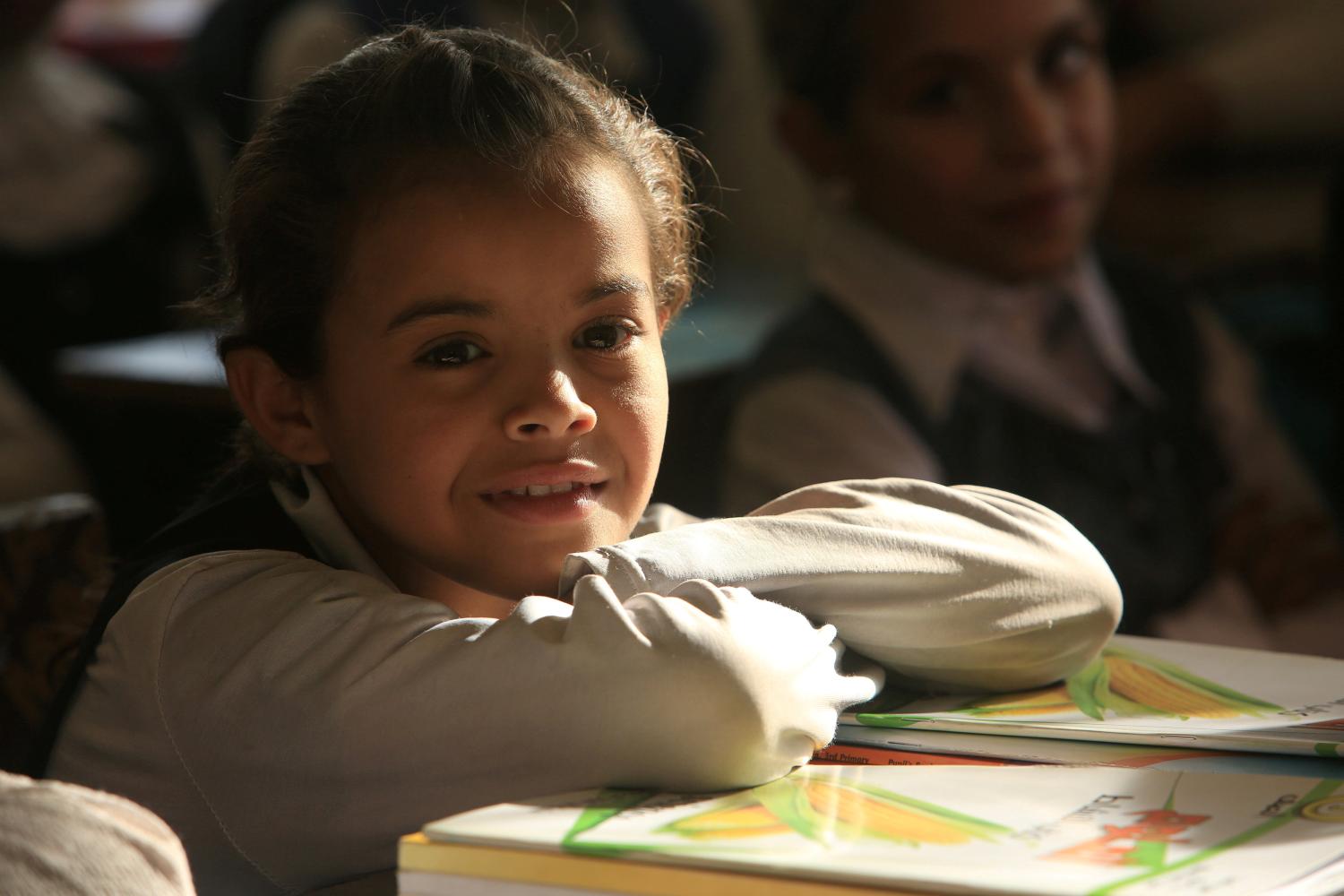
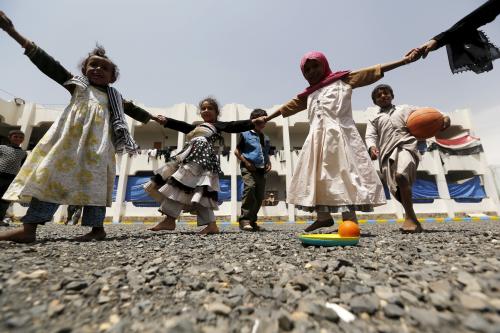

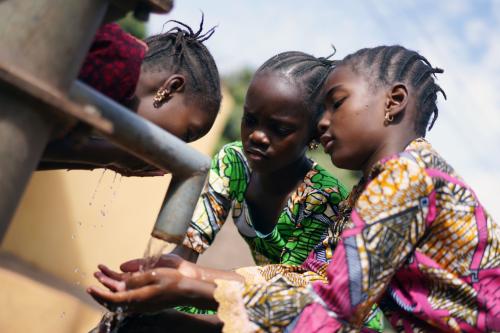
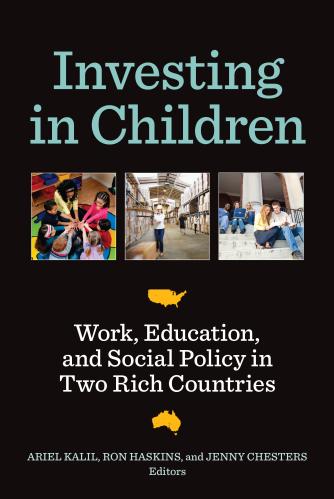
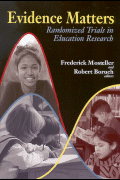
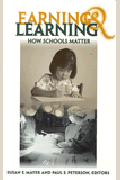


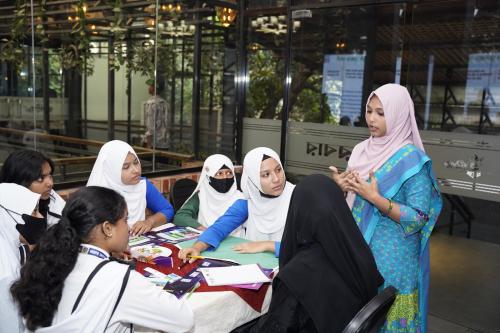
Commentary
Welcoming the 2014 Echidna Global Scholars, Rolling Up Sleeves, and Tackling Some Girls’ Education Issues
September 12, 2014